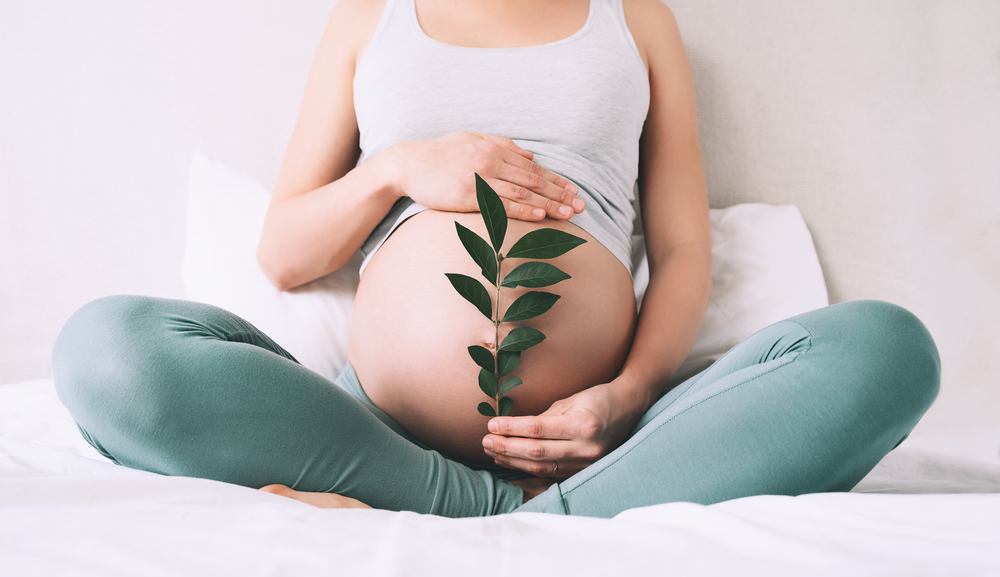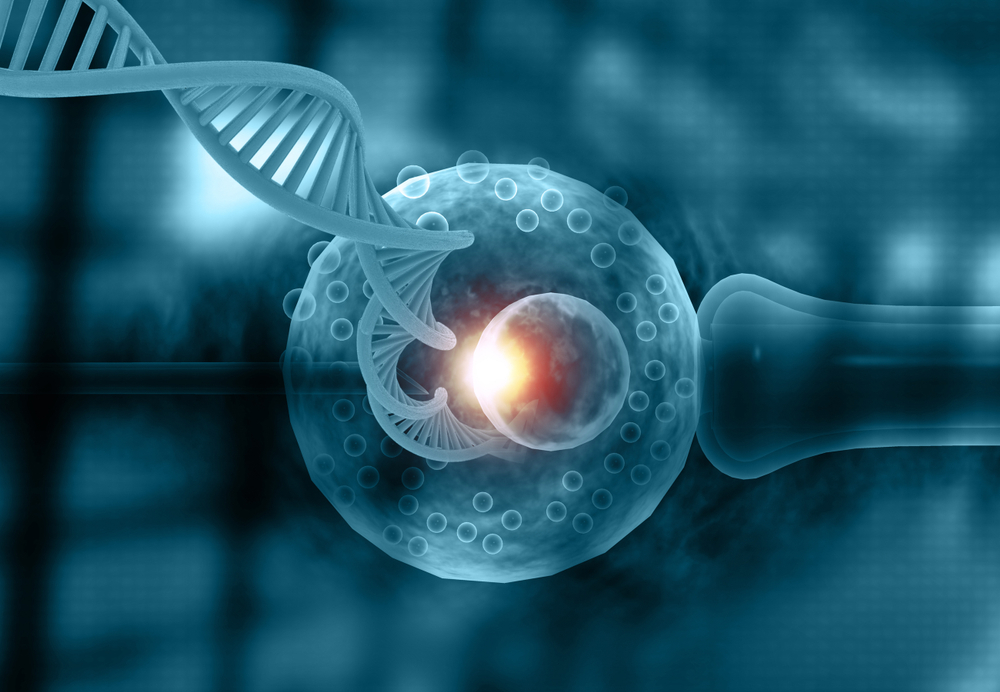With infertility affecting almost 20% of couples who are trying to conceive and with several factors affecting female infertility including age, genetic traits, lifestyle choices and general health conditions, In-Vitro Fertilization (IVF) has become one of the most common and effective ways to increase chances of conception. DR ROYA POURGHORBAN tells us more.

“Instead of ‘infertility’, I would refer to it as ‘subfertility’ as most women do get pregnant during the course of their IVF journey.” says Dr. Roya Pourghorban, Specialist OB-GYN and Founder of Roya Medical Center. “We have a high success rate for IVF and only a few percent of women experience absolute infertility even after exploring all possible medical treatments.” she added.
Here, Dr. Roya Pourghorban shares some useful hints about IVF including where you are standing and what should be your next steps:
GETTING PREGNANT

If you are infertile and wanting to conceive, the first thing you should consider is age. Women who are under 35 years old have the highest chance of pregnancy in their first IVF trial with 50 to 70% success rate as per our statistics. We calculate ‘IVF success rate’ through actual child delivery and not through positive pregnancy tests. On the other hand, if you are over 35 years old, consulting with an infertility specialist is highly recommended.
LABORATORY TESTS

When it comes to laboratory tests, sometimes normal values could mean otherwise – never try to interpret tests by looking at standard normal levels shown on the results. In IVF, both your thyroid-stimulating hormone (TSH) and follicle-stimulating hormone (FSH) should be higher than average to be able to produce more hormones or eggs. In both these cases, normal results can mean abnormal in IVF and can affect the treatment plan – leave it to your fertility endocrinologist to choose the best treatment plan for you.
IVF vs ICSI
Most of the time, we call it IVF but we actually do Intracytoplasmic Sperm Injection (ICSI). What’s the difference between IVF and ICSI? ICSI is a specialized form of IVF which involves the injection of the ‘best’ sperm directly into a mature egg which increases the chances of fertilization most of the time. In IVF, matured eggs are collected and placed in different petri dishes which are then injected with over 5 million sperm over each egg and kept inside a special incubator wherein a sperm naturally fertilizes the egg.
GENETIC TESTING
Preimplantation Genetic testing (PGT) is a technique used wherein cells are taken from a fertilized egg to provide more information about the genetic make-up of the rest of the cells in the embryo. We use this technique for family balancing or in cases of age-related risks and certain genetic disorders. We normally don’t do PGT in our labs – what we do is wait for 3 to 5 days to choose the best growing embryo before transferring it to the uterus. This method allows us to separate poor quality or abnormal embryos from growing.
IVF SUCCESS

There are different factors to consider to be able to achieve a successful IVF. These depends on factors like:
- Quality of the egg and ovarian stimulation method used
- Quality of the sperm (fragmented sperm DNA can integer with the quality of the embryo)
- The expertise of the Embryologist and the experience and capability to successfully transfer the embryo inside the uterus as difficult transfers almost always end up with IVF failure
- Embryology lab standards
- Lifestyle choices and general health condition (obesity and history of pelvic infections can affect IVF success)
- Normal physical activity and maintaining daily household activities
